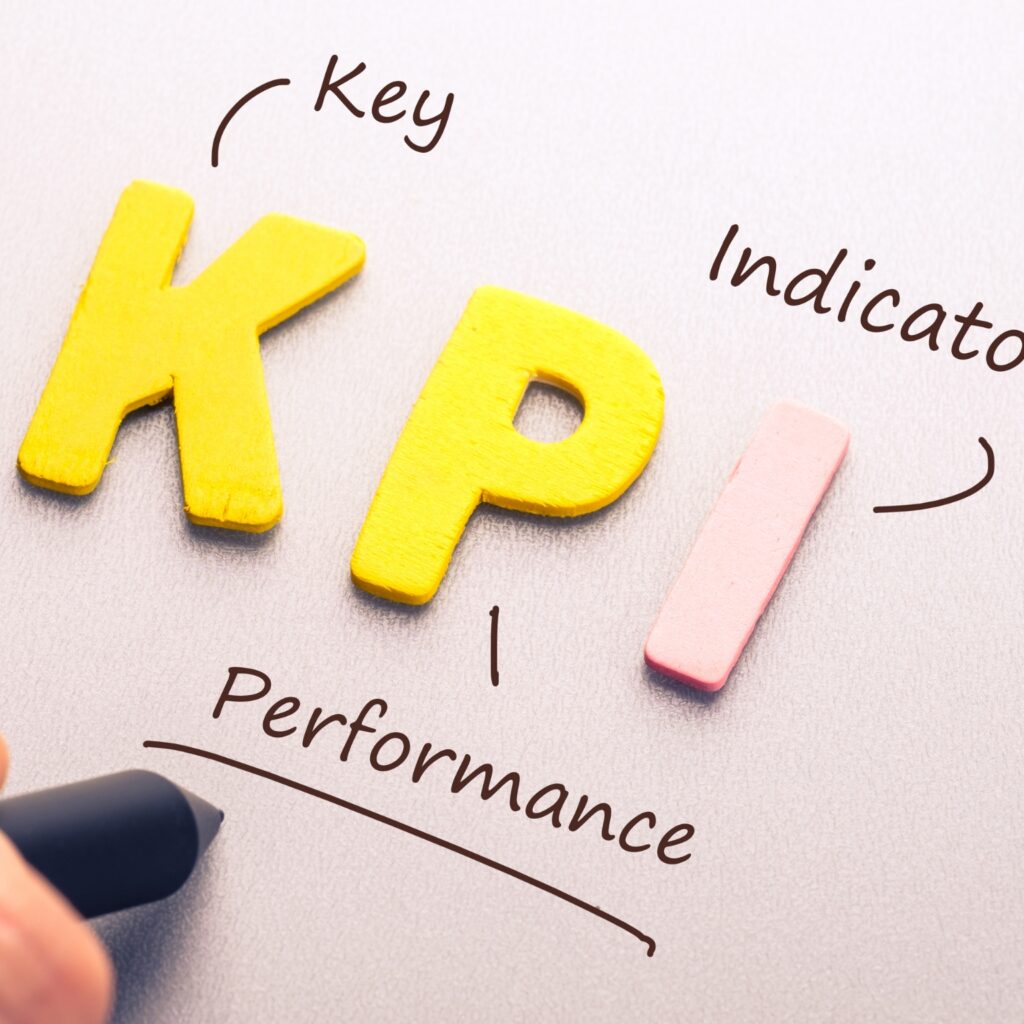When it comes to managing finances, medical bills can be a significant concern. The impact of medical debt on a person’s credit score is a topic that often stirs anxiety, particularly in a country like the United States, where healthcare costs can be exorbitant. Understanding how medical bills affect your credit score, and what you can do to mitigate any potential damage, is crucial for maintaining financial health. This article will explore the nuances of medical debt, its influence on credit scores, and strategies to manage and protect your creditworthiness.
Introduction to Medical Bills and Credit Scores
Medical expenses can be a financial burden, often arising unexpectedly and adding substantial debt to your financial responsibilities. The question that looms large for many is: Do medical bills affect credit scores? The short answer is yes, they can, but the extent and manner in which they do are complex and nuanced.
In the past, any unpaid bill, including medical debt, could be swiftly handed over to a collection agency, leading to a negative mark on your credit report. However, recent changes in how credit bureaus handle medical debt have slightly altered this landscape, offering some relief to consumers. Understanding these changes and how medical debt interacts with your credit score is essential for anyone who may face high medical costs.
Understanding Credit Scores and How They Work
Before delving into the specifics of how medical bills can impact your credit score, it’s essential to understand what a credit score is and how it works. A credit score is a numerical representation of your creditworthiness, typically ranging from 300 to 850, with higher scores indicating better credit health. This score is calculated based on several factors, including your payment history, the amount of debt you owe, the length of your credit history, the types of credit you have, and any new credit inquiries.
Credit bureaus—Equifax, Experian, and TransUnion—are the primary entities that compile your credit information into a credit report, which is then used to calculate your credit score. Lenders and creditors use this score to assess the risk of lending to you.
How Medical Bills Influence Your Credit Score
Unpaid Medical Bills and Collections
The most direct way that medical bills can impact your credit score is if they go unpaid and are sent to collections. Once a medical bill is sent to a collection agency, it becomes a part of your credit report, which can significantly lower your credit score.
Historically, a medical debt could be reported to credit bureaus as soon as it was sent to collections, but recent changes now require a 180-day waiting period before the debt can appear on your credit report. This grace period allows you time to resolve the debt with your healthcare provider or insurance company before it affects your credit.
Impact of Collection Accounts on Credit Score
If a medical bill does reach collections and appears on your credit report, it can have a substantial negative impact on your credit score. The extent of the damage depends on your overall credit profile. For instance, if you have a high credit score, a collection account could cause a significant drop, whereas someone with an already low score might see a smaller impact.
It’s important to note that even if you pay off the medical debt after it has gone to collections, the collection account can remain on your credit report for up to seven years, though its impact on your score may lessen over time.
Medical Debt and Credit Scoring Models
Another factor to consider is that different credit scoring models treat medical debt differently. For example, the FICO 9 model, which is one of the latest versions used by many lenders, gives less weight to unpaid medical bills than to other types of unpaid debt. However, not all lenders use the FICO 9 model; some may rely on older versions or different scoring models altogether, which might not distinguish between medical debt and other types of debt.
Recent Changes in Reporting of Medical Debt
In recent years, there have been significant changes in how medical debt is reported to credit bureaus, which can affect your credit score differently than in the past. These changes are part of a broader effort to make the credit reporting system more forgiving of medical debt, recognizing that such debt often arises from circumstances beyond the debtor’s control.
180-Day Waiting Period
The 180-day waiting period before medical debt can be reported to the credit bureaus marks a significant change. This period allows consumers time to resolve disputes with insurance companies or healthcare providers without affecting their credit. If you pay off the debt within this period, it won’t appear on your credit report.
Removal of Paid Medical Debt
Once you pay off a medical debt, it is removed from your credit report. This change is significant because, unlike other types of debt that typically remain on your report even after being settled, medical debt disappears once paid. This change can provide significant relief to consumers who manage to pay off their medical debt after it has gone to collections.
Changes in Credit Scoring Models
The latest credit scoring models, such as FICO 9 and VantageScore 4.0, have also adjusted how they weigh medical debt. These models now differentiate between medical and non-medical debt, giving less weight to the former. However, because not all lenders use the latest models, the impact of medical debt on your credit score can vary depending on which scoring model is being used.
Protecting Your Credit Score from Medical Debt
Given the potential impact of medical bills on your credit score, it’s important to take proactive steps to protect your credit. Here are some strategies to help you manage medical debt and minimize its effect on your credit score:
Stay on Top of Medical Bills
One of the most effective ways to protect your credit score is to stay on top of your medical bills. This means carefully reviewing all medical bills as soon as you receive them, ensuring they are accurate, and paying them promptly. If you cannot pay the full amount, contact the healthcare provider to discuss a payment plan before the debt is sent to collections.
Communicate with Healthcare Providers and Insurers
Medical billing errors are common, and they can lead to unexpected debts that may harm your credit score. By communicating with your healthcare providers and insurance company, you can address any errors or disputes before they escalate. If you receive a bill that seems incorrect, don’t hesitate to question it and ask for clarification.
Consider Payment Plans
If you’re unable to pay a medical bill in full, consider setting up a payment plan with the healthcare provider. Many providers are willing to work with patients to set up affordable payment arrangements, which can prevent the bill from going to collections and affecting your credit score.
Keep Track of Medical Debt and Credit Reports
Regularly monitoring your credit report is essential for catching any errors or unauthorized entries, including those related to medical debt. You are entitled to a free credit report from each of the three major credit bureaus once per year at AnnualCreditReport.com. By keeping an eye on your credit report, you can ensure that any paid-off medical debt is removed and that no incorrect medical debt is reported.
Conclusion
Medical bills can indeed affect your credit score, but understanding the mechanisms at play and staying proactive can help you minimize the impact. Recent changes in how medical debt is reported and treated by credit scoring models have provided consumers with more tools to protect their creditworthiness. By staying vigilant, communicating with healthcare providers, and monitoring your credit report, you can navigate the challenges of medical debt while safeguarding your financial health.










